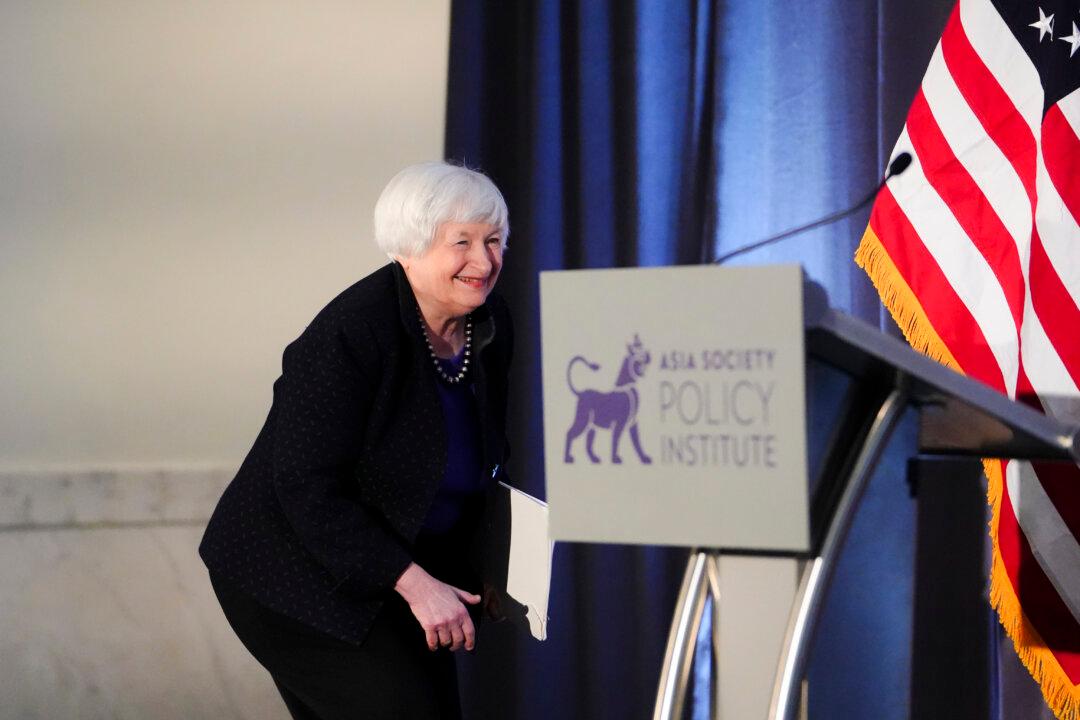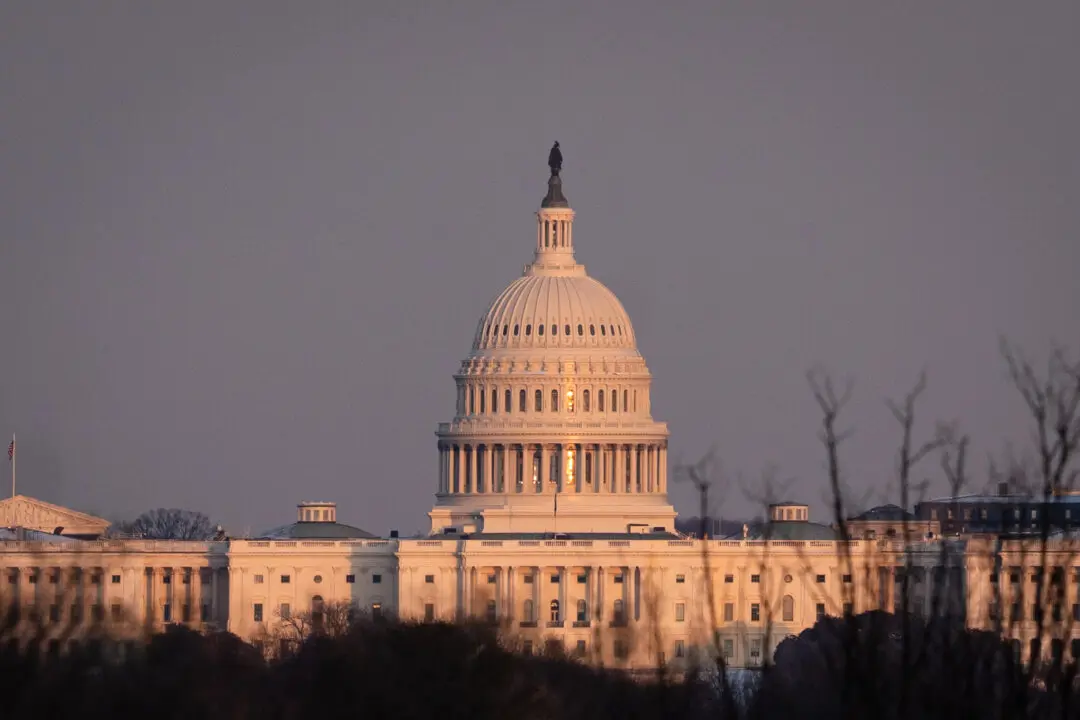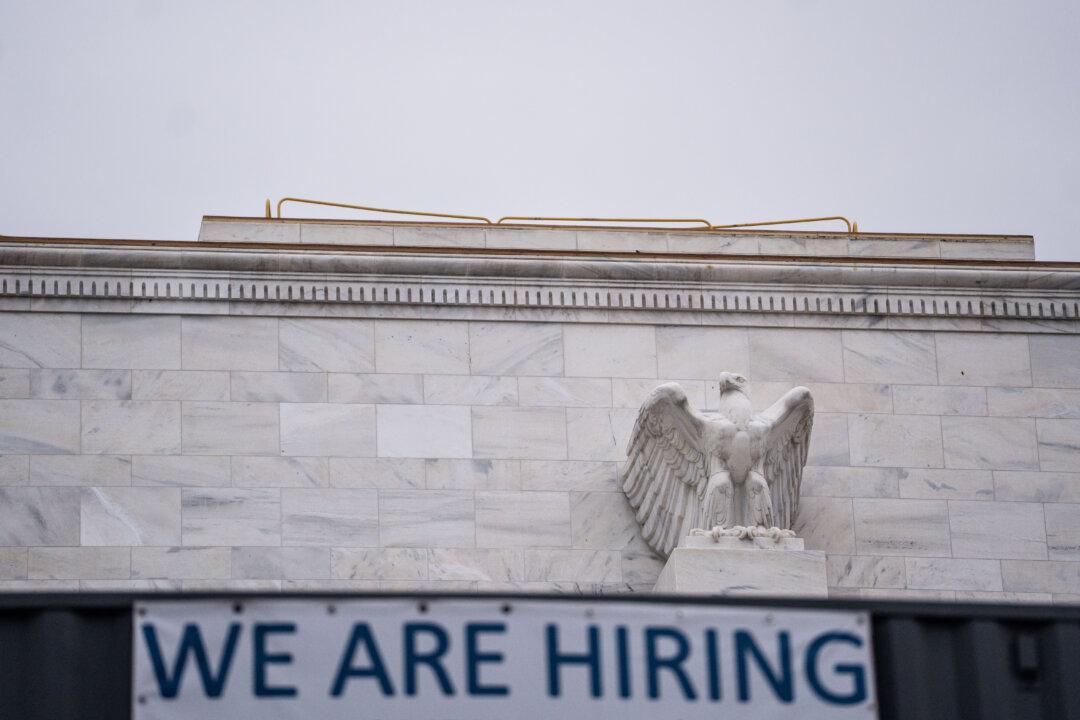The U.S. economy has achieved the goal of a “soft landing” as inflation slows without enduring an economic downturn, says Treasury Secretary Janet Yellen.
Appearing on CNN shortly after the release of the December jobs report on Jan. 5, Ms. Yellen revealed that she thinks the current economic conditions could be described as a soft landing.





